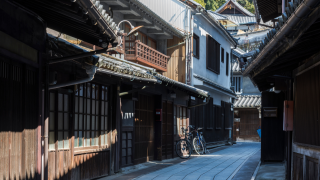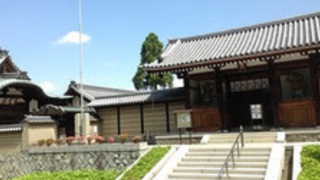 CONTENT
CONTENT The Sacred Site of SLAM DUNK — Tōbaru Nishi Park (Okinawa), the Model for the Place Where Ryota Miyagi and His Brother Practiced Basketball
The emotional scene of Ryota and his brother playing basketball together in “THE FIRST SLAM DUNK” deeply moved audiences. Tōbaru Nishi Park, whose scenery mirrors that moment, continues to quietly captivate visitors with its calm beauty and emotional depth. It’s not just a location—it’s a place where memory, passion, and reality converge.









